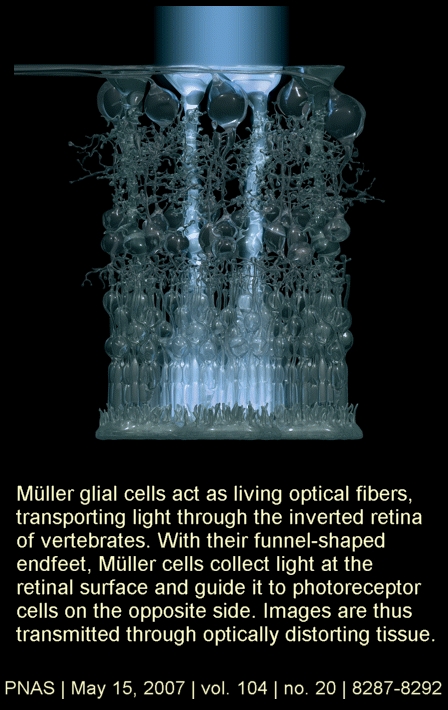Well, I only use these particular terms, as they are used in digital imaging (note, I'm not separating them either).Care to elaborate on the nature and form of "dark" and "read" noises in human visual perception ?That is almost certainly not 'shot noise'.You see the shot noise, for one thing. You see not much detail, for another, you see not much colour (except in the shot noise).
Far, far, more likely it is just dark/read noise (something entirely different to shot noise).
But, quite simply - just go into a (completely) darkroom, allow some time to settle/adjust to the darkness, and what do you see?
I'm pretty sure most people will have some experience of visual 'dark-noise'.
No light > so no photons > therefore not photon noise, but 'dark noise' - which must be 'neuro-physical/chemical' in nature.
Also, rub your eyes, and quite likely you'll enjoy even more 'noise'.
Not too often, I would hope?!I see dead people.I think so.But, as I see, it could easily be expectation effect.
Some people see aliens, ghosts, and hear voices too. ;-)No[r] do I know if everyone can do this, or only some people.
[In any case - 'dead people' aren't necessarily invisible.]
Sure 'DM' (...cue 'The Twilight Zone' theme music).Only problem is, they keep coming back for more ...
Last edited:

